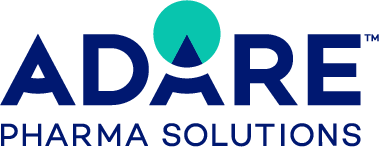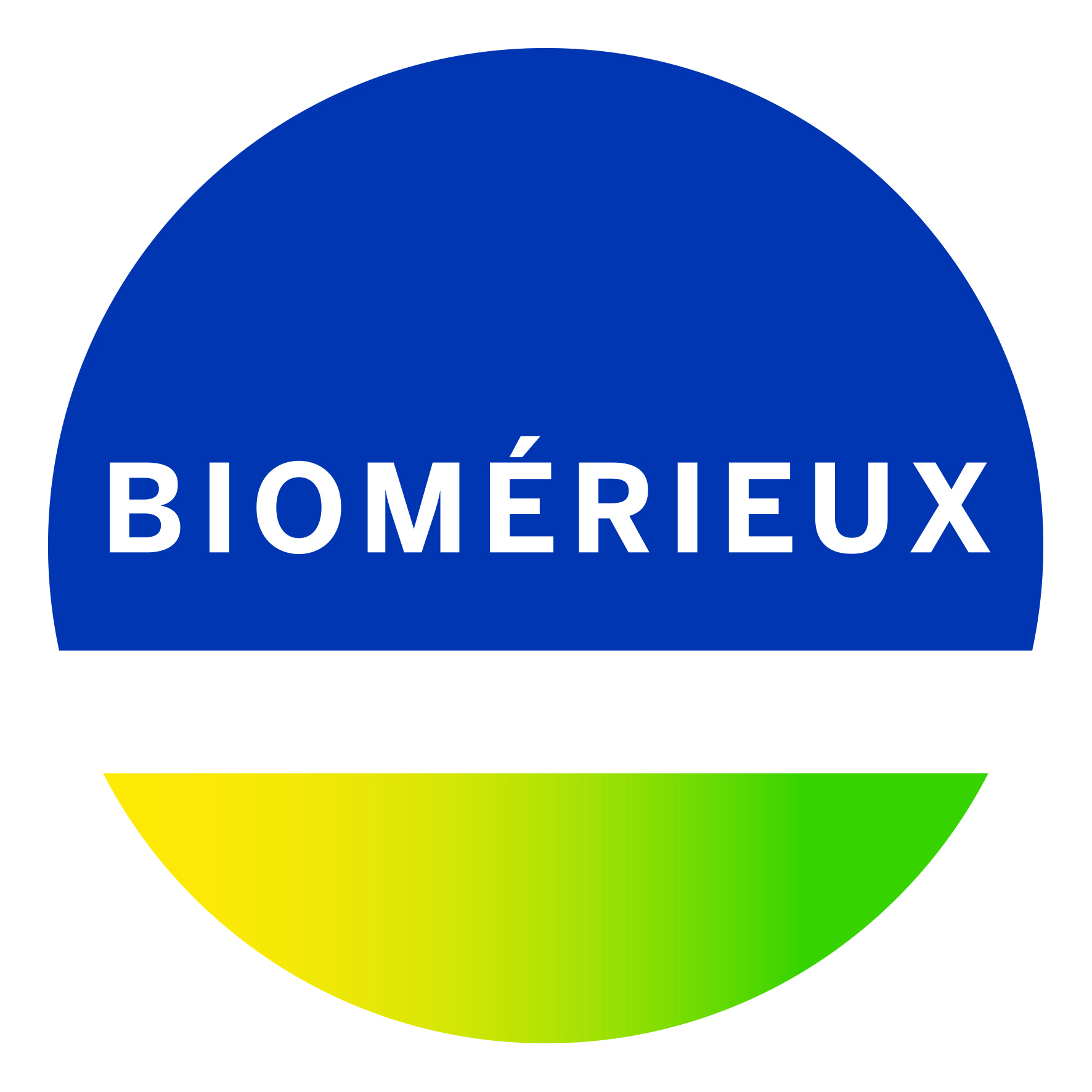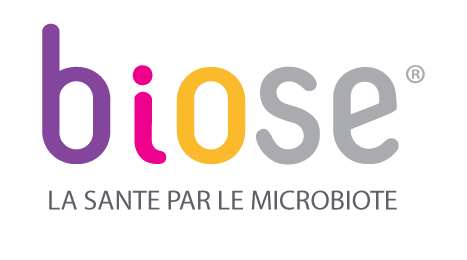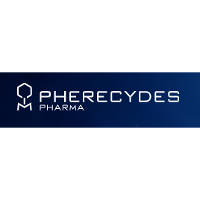Au cours des deux dernières décennies, les nouvelles technologies ont permis aux chercheurs d’évaluer la composition des microbiomes et leurs rôles potentiels.
Ainsi, les technologies modernes ont vu le jour ouvrant à une nouvelle ère d’opportunités pour l’exploitation du microbiote comme nouvelle source de solutions diagnostiques, prophylactiques ou thérapeutiques.
Alors que vous cherchez à évaluer de telles opportunités, nous nous engageons à soutenir vos programmes de R&D en utilisant notre approche intégrée, qui réunit les méthodes de test et l’expertise appropriées.
Nous combinons des technologies cellulaires et moléculaires avec des modèles précliniques in vitro et in vivo pour permettre une exploration approfondie des microbiomes et vous aider à comprendre et à exploiter la fonctionnalité des microbiomes.
Access key information to exploit the microbiome
- Explore
To help you explore the vast possibilities of microbiomes, we help you design a comprehensive approach, by analyzing the taxonomic composition of the microorganisms present and the functional capabilities of microbial communities. A deeper understanding of what these complex ecosystems do and how they respond to environmental changes can be provided through a combination of our multi-omics capabilities and synthetic biology tools, such as digital twins.
Learn more about our OMICS and xDATA technologies.
If you wish to better understand the dynamics of subpopulations, they can be explored at the cellular level using flow cytometry and a panel of markers targeting various phenotypic criteria.
- Isolate
To go further than a genome or cell population-centric view of microbiomes, we can provide you with clinical-grade biospecimens, which enable the isolation and cultivation of microbial cells derived from complex samples. You can find more detailed information on our dedicated page: Clinical Operations. Our proven ‘targeted culturomic’ approach can help you access most commensal bacteria, even if they are highly sensitive to oxygen or not very abundant in samples.
Discover here our case study Ysopia.
- Cultivate
If you wish to obtain sufficient biomass to further characterize the isolated bacteria, we can help you optimize the culture conditions for anaerobic bacteria, from the scale of a few milliliters to bench-top batch fermentation systems. Our expertise can be applied to the characterization of various microorganisms, like probiotics or other microorganisms used for industrial fermentation.
Read more about it in our case study FAME-Maat Pharma.
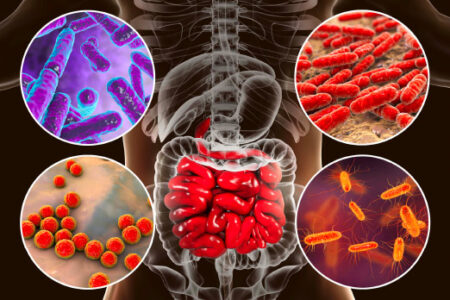
Host-microbiome interactions
Understanding and leveraging microbiomes
If you are a player in the field of therapeutics, nutrition, or cosmetics, microbiomes can be both sources of highly innovative products and targets for intervention. We can help you identify novel candidates for product development and/or evaluate possible interactions between your product, the microbiomes, and their hosts for human and veterinary applications.
With the help of state-of-the-art in vitro and in vivo preclinical models, such as gnotobiotic mice (Read our in vitro/in vivo Models offer and case study GM15), we can help you decipher the mechanism of interactions and possible mode of action of your products in microbiome-oriented approaches.
Whatever the approach you desire to implement, we can help you refine your host-product-microbiome interactions, involving:
- molecules and ingredients, possibly derived from microorganisms, that promote the growth of “good bugs”: small molecules, fermented food, postbiotics, prebiotics,
- whole microorganisms: live biotherapeutic products (LBP), probiotics, fecal microbiota transplants, inactivated microorganisms, and possibly GMOs.
This knowledge opens up many potential applications in antimicrobial research, such as the possible use of bacteriocins, metabolites of microorganisms, phages and phage-derived proteins to target pathogenic microorganisms. They also allow the development of means for selective inactivation of pathogenic microorganisms without affecting the rest of the microbiome.
By consulting here our Antimicrobials program you will learn more about our ability to support you in the development of your antimicrobial solutions.

Microbiomes and biomarkers/companion diagnostics
While increasing evidence show a causal link between dysbiotic microbial communities and pathologies, microbiome-based diagnostics become tools that allow detection of, and/or making prognoses on, human disease using microbial signatures. Similarly, valuable microbiome biomarker may contribute to improve the success rate of drug development paving the way for individualized treatments based on clinical and biological evidence, in various disease such as infection, cancer, inflammatory and metabolic disorders.
We can help you identify and validate biomarkers or signatures to develop a companion test, a diagnostic test or a surrogate end-point and adapt it to its final use, in the laboratory, in the hospital or in point of care. In particular, our integrated approach implements « omics » methods adapted and validated for the study of the intestinal microbiota, but also the skin microbiota or other microbiota.
By visiting our Biomarkers page, you will learn more about our ability to support you in the development of microbiome biomarkers.
Caractérisation des interactions microbiomes –hôte
Une bonne identification et compréhension des niches fonctionnelles des micro-organismes peuvent être primordiales pour démêler les mécanismes derrière l’eubiose et comment rééquilibrer le statut de dysbiose. L’intelligence artificielle peut identifier les acteurs, mécanismes et voies clés dans différentes conditions physiopathologiques, suggérer des améliorations ad hoc et/ou prédire et prévoir les résultats.

Host-microbiome interactions
Understanding and leveraging microbiomes
If you are a player in the field of therapeutics, nutrition, or cosmetics, microbiomes can be both sources of highly innovative products and targets for intervention. We can help you identify novel candidates for product development and/or evaluate possible interactions between your product, the microbiomes, and their hosts for human and veterinary applications.
With the help of state-of-the-art in vitro and in vivo preclinical models, such as gnotobiotic mice (Read our in vitro/in vivo Models offer and case study GM15), we can help you decipher the mechanism of interactions and possible mode of action of your products in microbiome-oriented approaches.
Whatever the approach you desire to implement, we can help you refine your host-product-microbiome interactions, involving:
- molecules and ingredients, possibly derived from microorganisms, that promote the growth of “good bugs”: small molecules, fermented food, postbiotics, prebiotics,
- whole microorganisms: live biotherapeutic products (LBP), probiotics, fecal microbiota transplants, inactivated microorganisms, and possibly GMOs.
This knowledge opens up many potential applications in antimicrobial research, such as the possible use of bacteriocins, metabolites of microorganisms, phages and phage-derived proteins to target pathogenic microorganisms. They also allow the development of means for selective inactivation of pathogenic microorganisms without affecting the rest of the microbiome.
By consulting here our Antimicrobials program you will learn more about our ability to support you in the development of your antimicrobial solutions.

Zoom : Le réseau Cynbiome®
Au-delà de ces frontières, BIOASTER est partenaire du réseau®. Ce réseau d’excellence sur le microbiote capitalise sur la richesse et la complémentarité d’acteurs spécialisés pour l’investigation préclinique du microbiome.
Cynbiome® vise un double objectif :
- proposer une offre préclinique unique de services individuels ou intégrés dans le domaine du microbiome et des maladies infectieuses,
- réaliser des activités de R&D pour développer des modèles précliniques innovants, notamment le modèle du primate non humain (PNH) et des outils analytiques pertinents, à travers des projets de R&D collaboratifs.
Pour en savoir plus sur les partenaires du réseaux et Cynbiome® : Cynbiome – 1 st excellence network on microbiota and infectious diseases
Références



